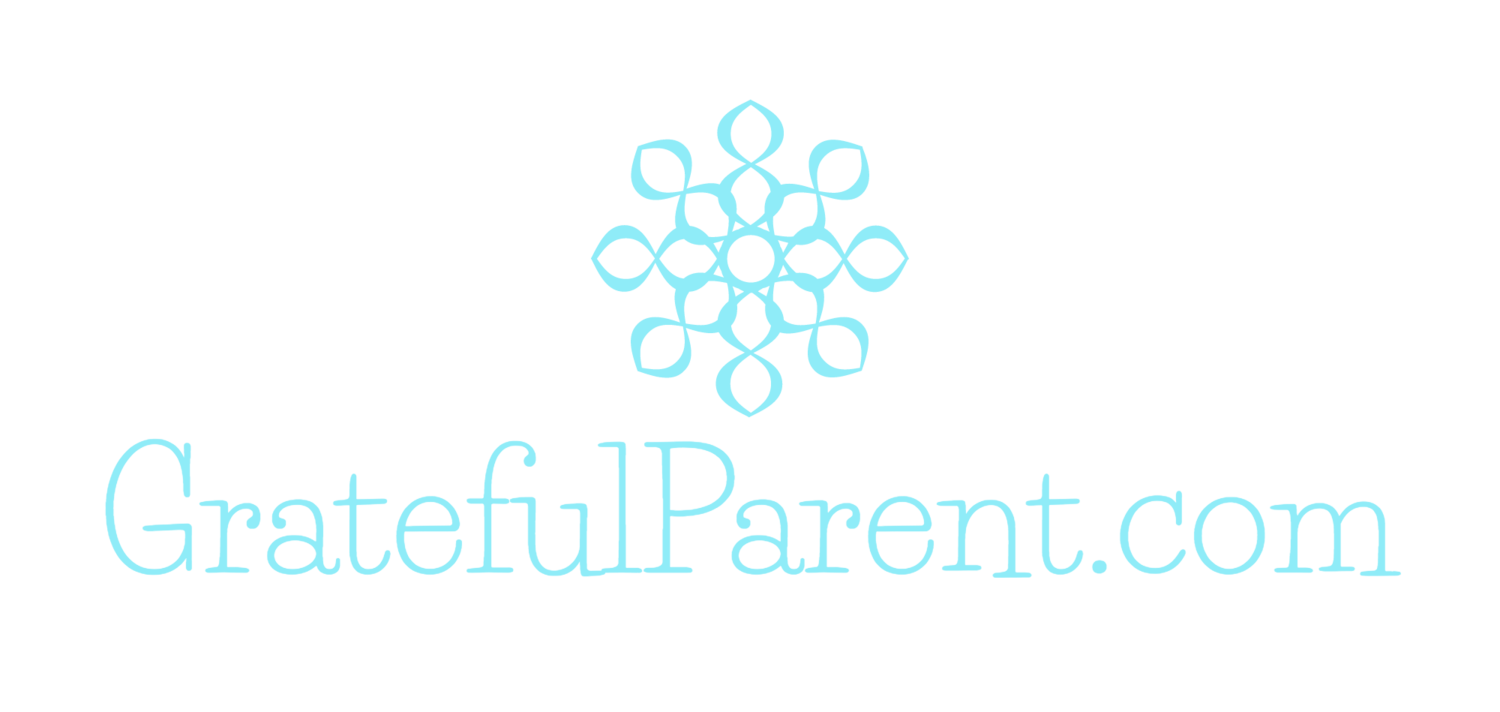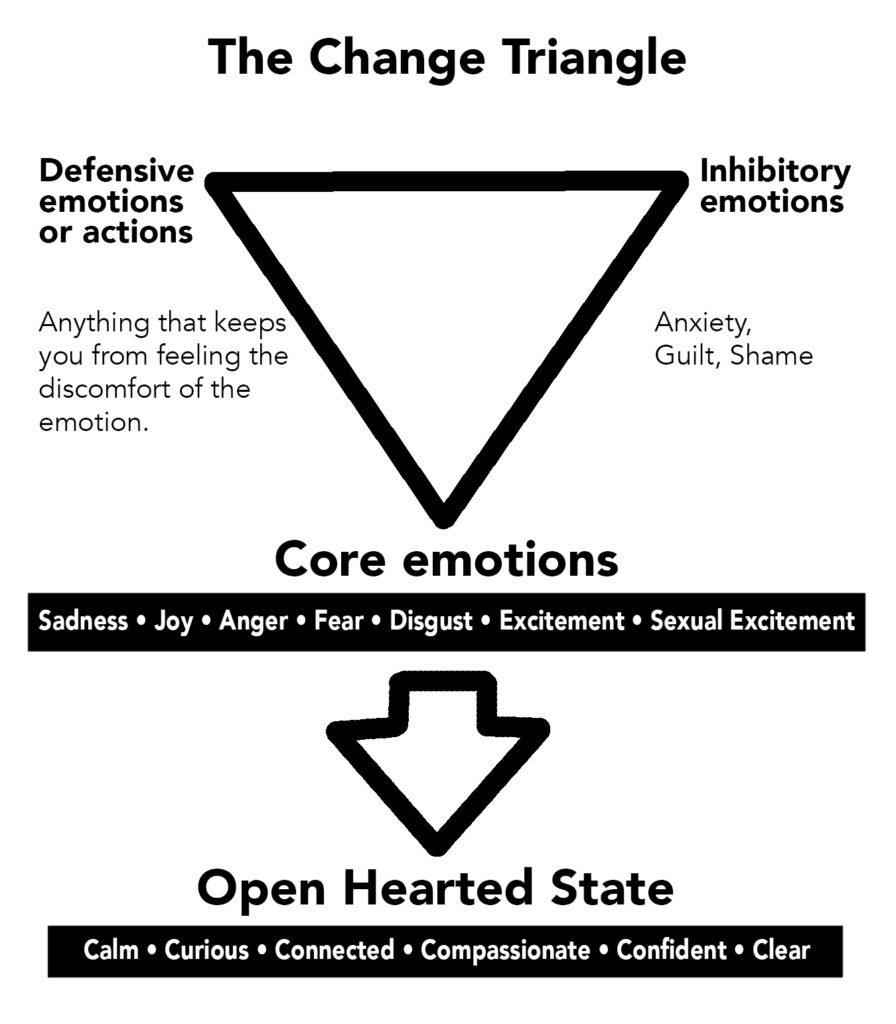Every mom I know, including myself, suffers from “mom guilt.” Working moms often feel guilty about the limited time they have with their kids as they pursue their careers. As a stay-at-home mom, I often feel guilty that I’m not doing enough (or maybe I’m doing too much) for my kids. I second guess myself a lot and feel like I never have enough information to be a truly effective parent. I feel guilty when I can’t be in two places at once and witness both of my kids' special moments live. I feel guilty when it’s been a long day and all I want to do is take a nice long bath alone instead of joining my family to watch some mind-numbing show on television. I feel guilty when I feed my kids foods I know are not healthy for them and I just don’t want to engage in battle over it. I feel guilty most of the time and I know it’s not healthy, so I feel guilty about that too.
I’ve been reading a lot about emotions recently, and I love the way Brene Brown describes guilt in her book, Atlas of the Heart: Mapping Meaningful Connection and the Language of Human Experience. “Like shame, guilt is an emotion that we experience when we fall short of our own expectations or standards. However, with guilt, our focus is on having done something wrong and on doing something to set things right, like apologizing or changing behavior.” Guilt, in moderation, can be a good thing. We can use it as an indicator that maybe an apology or change in behavior is needed to alleviate the feeling. As Brene says, it’s a feeling that comes from our own expectations, so guilt can also be an indication that our standards are just too high- I’m talking to you my fellow perfectionists! Many times we moms have such high expectations for ourselves that we feel guilty when we haven’t actually done anything wrong, the very definition of “mom guilt” in my opinion. If you suffer from this affliction then I have a hack for you!
I recently finished the book, It’s Not Always Depression: Working the Change Triangle to Listen to the Body, Discover Core Emotions, and Connect to Your Authentic Self by Hilary Jacobs Hendel and highly recommend it! In the book, she presents a tool called “The Change Triangle” that has been life changing for me. In a nutshell, we all have seven core emotions (anger, fear, joy, excitement, sexual excitement, disgust and sadness). When one of these comes up and it’s too much, we block that feeling with an inhibitory emotion (guilt, shame or anxiety). If that doesn’t work, we turn to a defense like being vague, avoidance or blaming. Beneath our core emotions exists a magical, open-hearted state where we experience the seven c’s- compassion, curiosity, calmness, courage, clarity, confidence, and connection. When we can locate ourselves on the triangle we can work ourselves back to an open-hearted state.
Guilt is an inhibitory emotion, which means it’s blocking a core emotion. If you can identify which core emotion(s) you are feeling, then you will get back to an open-hearted state more quickly. Let’s take one of my examples above. I felt guilty that I couldn't attend both my son’s flag football game and my daughter’s art show that happened to be at the same time. Now, I can run through the core emotions, Do I feel angry? Yes, I’m annoyed that they happen to fall at the same time. Am I afraid? Yes, I’m afraid if I choose one event over the other it will hurt my relationship with my children and they will think I love one more than the other. Am I joyful? No. Am I excited? No. Am I sexually excited? No. Am I disgusted? No. Am I sad? Yes, I’m sad I can’t be in two places at once.
Ok, so this is where the hack lies. You can actually skip the step of identifying your core emotions, and can ask yourself a magic question instead. I once took an improv class and the teacher said, “Don’t get furious, get curious!” That is exactly what “The Change Triangle” suggests too. Feeling guilt suggests you have or will do something wrong, so when it comes to guilt the magic question is, “What crime have I committed?” In this example (and all “mom guilt” situations), there is no crime. I did not make the schedule for the football game or the art show. I am only one human and cannot be in two places at once. I love both of my children and would be at both events if it were humanly possible. If you have committed no crime, then the last and most important step is to turn your guilt into gratitude.
I can be grateful for a supportive husband that can take one of the kids to their event so I can take the other to theirs. I can be grateful for technology so we can take pictures and videos and share them when we meet for dinner after the events. I can be grateful I have understanding children who know I love them and that if I could be at both I would be. I can be grateful for the family culture we have created where our kids get to be part of the conversation about which parent goes to which event. I can be grateful for the one-on-one time I get with Tyler or Ember. I can be grateful Tyler is healthy and has the opportunity to play flag football. I can be grateful for Ember’s imagination and the opportunity to show off her work to the community. I can be grateful for Tyler’s football coach and Ember’s art teachers. The list can literally be endless if you allow yourself to really get in the attitude of gratitude.
When we shift into a state of gratitude, we cannot also be sad, angry, afraid or any negative emotion. We are so hard on ourselves when most of the time we haven’t actually done anything wrong. It’s not a crime to love what you do for work. It’s not a crime to take care of yourself and let your kids watch a show while you take a bath. It’s not a crime to let your kids have some candy or a soda or pizza every night of the week (sometimes). It’s not a crime to be human and make mistakes.
If in your questioning, you discover you did actually do something wrong, by all means, repair the relationship with an apology or a change in your actions, but I would venture to guess “mom guilt” is always unwarranted. Next time, you are feeling it, remember, “don’t get furious, get curious,” “what crime have I committed?” and then shift from guilt to gratitude. It definitely takes some practice, but soon you will break that pattern and live more and more in your natural open-hearted state.
I’m grateful for the way my brain can take information from multiple sources and boil it down to something I can use in my day-to-day life to be a better human, wife, mom, and friend and that I get to share it with you, dear reader. I’m grateful for Brene Brown and all I have learned from her through her work. I’m grateful for “The Change Triangle” and the way Hilary Jacobs Hendel presented it so practically and clearly in her book that it’s now a tool I can use without having to be her therapy client. I’m grateful that my “mom guilt” is unwarranted and I finally have a tool to let myself off the hook for crimes I did not commit. I hope this is as helpful to you as it is to me.
Blessings,
Lindsay

